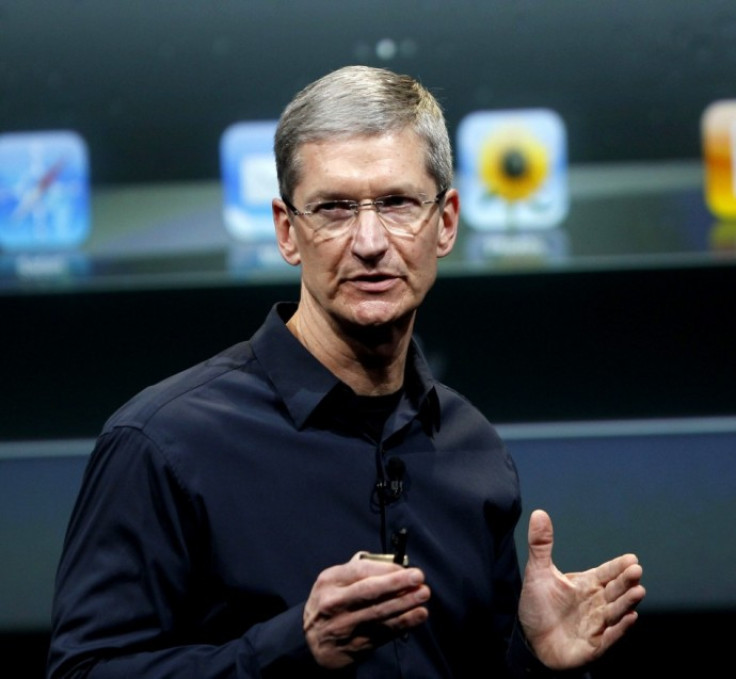Apple vs FBI: Tim Cook says giving backdoor entry to FBI would be 'software equivalent of cancer'

Apple CEO Tim Cook has once again hit back at the FBI post the San Bernardino order, where the tech giant has been asked to help the agency unlock an iPhone. Giving backdoor entry to the FBI will be the "software equivalent of cancer", Cook said.
The latest statement comes from the Apple boss at a time when reports suggest that the Justice Department may want the iPhone maker to unlock more devices across varied criminal cases. In an exclusive interview to ABC, Cook left no corners untouched when it came to making a point for people's privacy that was at stake if they went through with such a procedure.
Below are edited excerpts from his interview:
If a court can ask us to write this piece of software, think about what else they could ask us to write. Maybe it's an operating system for surveillance. Maybe it's the ability for law enforcement to turn on the camera. I mean, I don't know where this stops. But I do know this is not what should be happening in this country. This is not what should be happening in America. If there should be a law that compels us to do it, it should be passed out in the open, and the people of America should get a voice in that. The right place for that debate to occur is in Congress.
They want us to develop a new operating system that takes out the security precautions including the precaution that, after 10 tries, if somebody has set "erase all data after 10," they want that to not be in there. And then they want an ability to go through a number of passwords at the speed of a modern computer.
If one of the bad guys knew that something like this existed, think about the targets. Everybody would want that system.It has the potential to get into any iPhone. This is not something that should be created.
Is this something that should be created? It is, in our view, the software equivalent of cancer. Technology can do so many things. But there are many things technology should never be allowed to do. And the way you not allow it, is to not create it.
No one would want a master key built that would turn hundreds of millions of locks. Even if that key were in the possession of the person that you trust the most, that key could be stolen. That is what this is about.
A federal judge had ordered Apple to help the FBI crack an iPhone 5c used by Syed Farook, one of the San Bernardino attackers. Vital data on the phone, the FBI claims, can lead them to the handlers of Farook and his wife Tashfeen Malik, as they suspect them do be linked to the Islamic State (Isis).
Cook's fears may not be unwarranted as the Wall Street Journal recently reported that the US Justice Department is contemplating to make Apple help investigators extract data from iPhones in a dozen undisclosed cases around the country. The department may cite the San Bernardino order to hope for a similar order directed at Apple.
Meanwhile the New York Times reported that Apple has started working on an upgrade to its devices, which would make it impossible to break into an iPhone. As per the report, security experts said that if Apple is successful in developing this upgrade, it will be a major technical challenge for law enforcement agencies to get access to confidential data.
Federal wire-tapping laws require traditional phone carriers to make their data accessible to law enforcement agencies, but in this case, Apple Google and some other tech giants are not covered under the law. Earlier reports suggested that tech companies including Apple, Facebook and Google may be brought under a surveillance ambit if the US Congress gets involved and decides to move a bill strengthening the state's ability to do so.
© Copyright IBTimes 2024. All rights reserved.






